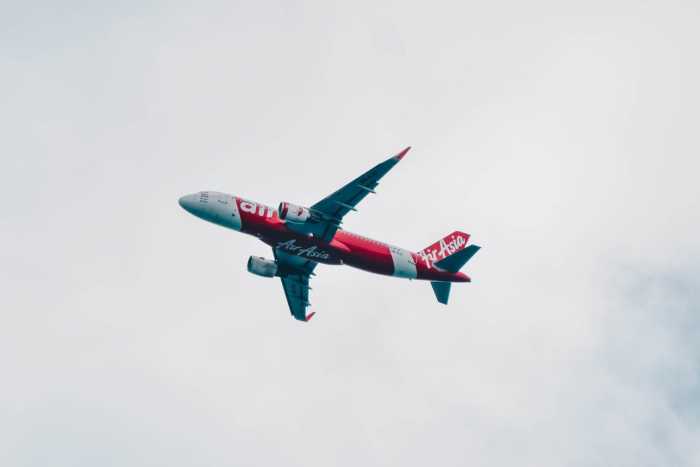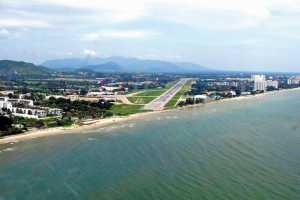
Thai Smile Will No Longer Be A Budget Carrier
28th Feb 2013

Unable to capture its intended market share, Thai Smile has decided to retire its business model as a budget carrier and is now setting its sight on the same business model other regional airlines, such as Silk Air and Dragonair, have successfully used for years. Thai Smile is a subsidiary of the national flag carrier, Thai Airways International.
The carrier's top honchos have conceded that the light-premium seemed not the right business model for the young airline. One feature of a light-premium model is the flexible business class which unfortunately didn't click with the market.
Thai Smile shall be spun into a separate entity, though still to be fully-owned by the flag carrier, with its own management organization.
Along with the new set-up, passengers will be treated to a completely new airline with a fixed business class service and other in-flight service commonly found in Silk Air. The change will take effect almost immediately or until the carrier takes delivery of its seventh Airbus A320 aircraft in two months' time.
The mother unit is planning to assign six more A320s on lease this year in addition to 4 that it currently has in its fleet, making it to ten in all. Five more of similar type will probably join in its fleet in 2014. The all-Airbus A320 fleet will be deployed in its regional routes and they shall all feature fixed business class seats.
The airline shall have a total of 20 A320s by the time ASEAN Economic Community takes effect in 2015.
Currently, the carrier has a single route for its overseas network, Bangkok-Macau. Flights to Mandalay in Myanmar from its Bnagkok hub will commence in the middle of March this year.
Its decision to switch business model is in line with its strategy to draw more Star Alliance passengers flying into the country, especially Bangkok, to fly with them via its extensive domestic network.
The carrier currently offers more flight frequency than any other airlines to Phuket and Krabi in Thailand's southern region.
Thai Smile is planning to turn the island resort into a major hub in the future, starting with a direct service to Singapore and, shortly later, Chiang Mai.
Now that the fledgling airline concurrently flies to THAI's domestic routes, it will eventually take over from its mother unit all the domestic and regional routes, leaving the flag carrier to focus firmly on long-haul and, to a lesser extent, regional routes. However, THAI might still keep the lucrative routes to Phuket and Chiang Mai from its Bangkok hub.
The introduction of Phuket-Chiang Mai service by Thai Smile competes head-on with Thai AirAsia. THAI used to serve the same route but unsuccessful.









